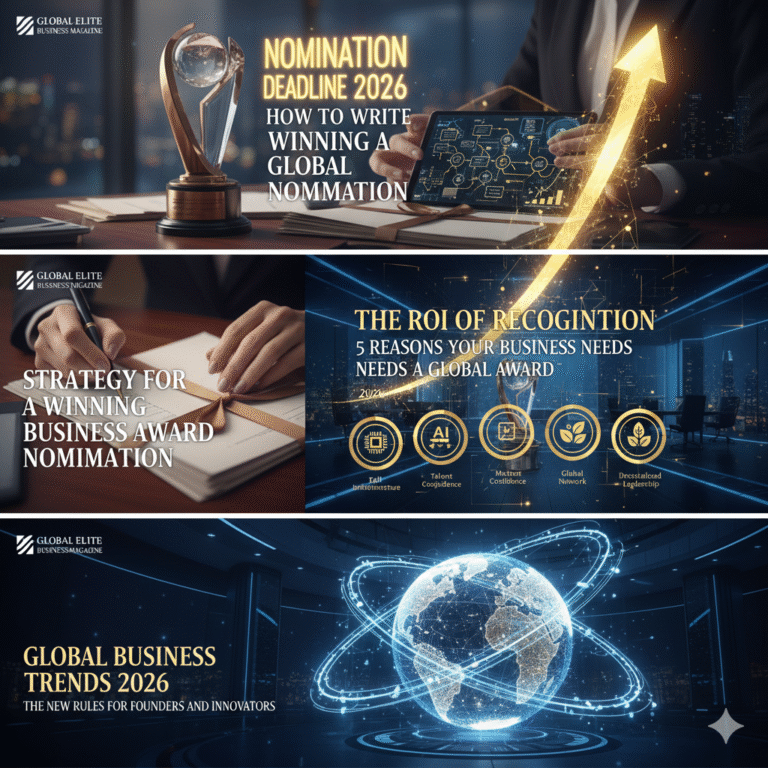
The global economy is undergoing a structural shift—from a paradigm focused on cost and efficiency to one defined by strategic interdependence. Businesses are now placing greater emphasis on resilience, security, and adaptability, while globalization remains a key foundation.
From Cost Efficiency to Security and Resilience
Historically, globalization relied on comparative advantage, streamlined supply chains, and just-in-time inventory systems. Today, however, decision-making is equally influenced by geopolitical risks, cybersecurity threats, and the potential for sudden disruptions.
A Changing Investment Landscape
US imports from China have fallen sharply—from 22% in 2017 to just 13.4% in 2024. In parallel, manufacturing and sourcing hubs in Vietnam and Mexico have grown in significance, with Mexico now serving as the largest trading partner of the United States.
Investment trends reinforce this shift. Foreign direct investment (FDI) into China has dropped by over 90%, hitting its lowest level in three decades. Many companies have adopted a “China for China” model—producing locally for the Chinese market without heavy reliance on exports. Similarly, Chinese investments in the US have declined by over 95% since their 2016 peak, with more capital being redirected to Southeast Asia, the Middle East, and Latin America.
Implications for Businesses and Policy
For multinational corporations, this new era demands stronger local compliance, diversified production networks, and contingency planning for rapid geopolitical or economic changes. The priority has shifted toward building supply chains that can withstand shocks rather than optimizing purely for cost.
Governments, on the other hand, face the challenge of fostering foreign investment while safeguarding national security. Policies must balance openness with protection, ensuring that economic resilience aligns with strategic national interests.
What Lies Ahead
This phase of strategic interdependence is not the end of globalization—it is its redefinition. Success in this environment will belong to companies capable of operating across multiple regions, adapting quickly to regulatory changes, and managing geopolitical uncertainties with foresight.
Source:
Financial Times – Opinion by John Waldron, President & COO of Goldman Sachs






